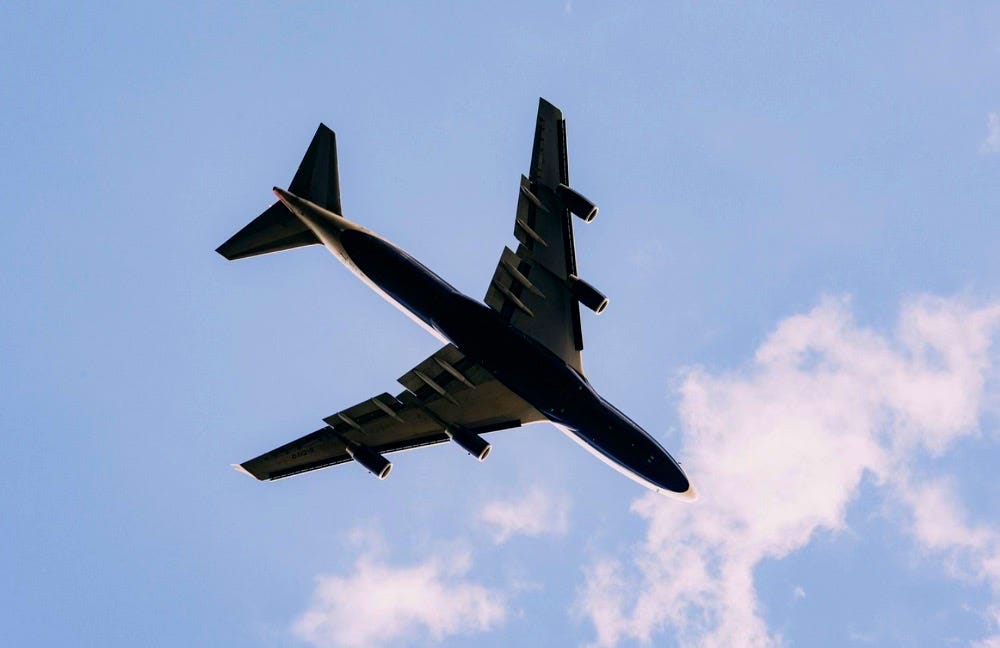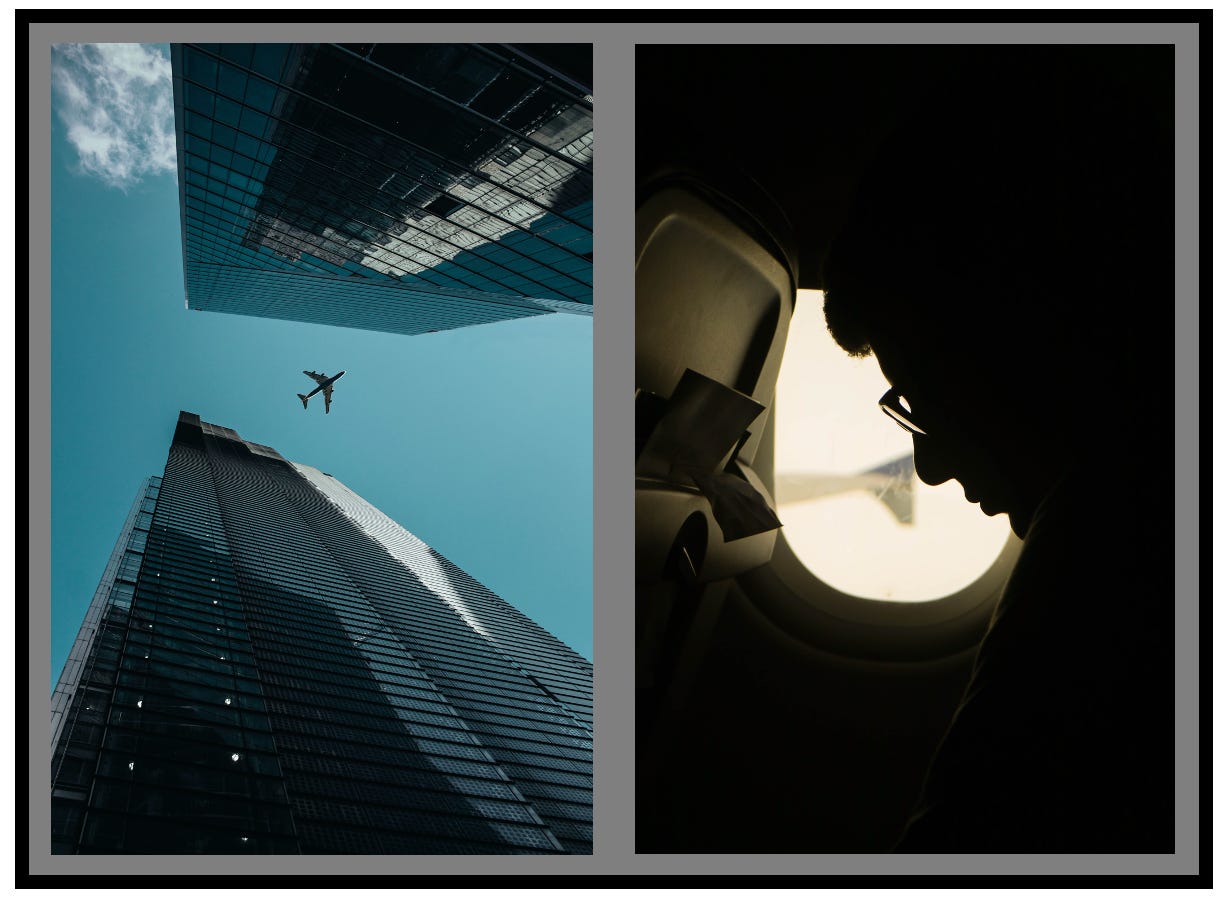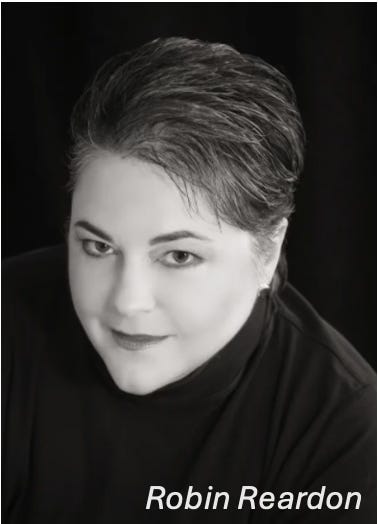One thing I'll never get over
I posted this article originally in September of 2023, shortly after I started writing on Substack. It has no less meaning for me now than it did then. The event that inspired it, which occurred in September of 2001, is no less profound for the passage of time.
I’ve heard it said that we shouldn’t expect to “get over” truly tragic or truly heartbreaking events. Instead, we find ways to get through them.
I’m pretty good at that. I’ve managed to find my way through my parents’ deaths, deaths of friends, deaths of my cats. Because I can still bring up both joyful and sorrowful feelings about these loved ones, I would not say I am over them. And that’s okay. I want all those memories, all those feelings.
But there was one thing that happened way back in 2001 that remains inside me like nothing else I’ve experienced.
I knew no one who died On September 11, 2001, when three large, heavy, fuel-laden planes flew into buildings and slaughtered thousands of people. Even so, each year the date brings up grief and confusion. But what happened to the fourth plane hijacked that day—United Airlines Fight 93—haunts me to the depth of my being.
What I know of that flight, its hijackers, and its passengers, I’ve learned from various sources. While we’ll never know everything that happened, we have interviews with people the passengers called, and we have recorded messages from people who expected to die.
The circumstances for that flight were different from the others right from the start. Flight 93 was delayed by a good half hour in taking off from Newark Airport. By the time it was airborne and apparently on its way to San Francisco, the other planes were hitting their targets. But the Flight 93 passengers didn’t yet know that their own plane was in the hands of terrorists with a similar destruction in mind. All they knew at first was that men with foreign accents and red cloths tied around their heads were screaming at them, one of them with his thumb on the trigger of a bomb tied around his waist.
It wasn’t until the passengers had been herded to the back of the plane and some of them had realized that the plane was turning around that they began to make phone calls. Some of these calls were frantic. Some of them were attempts to calm the fears of the people they called. And on these calls they learned that the World Trade towers, and then the Pentagon, had been the targets of three other planes.
“I love you. Good bye.”
Word spread among the passengers and was met with varying degrees of incredulity and panic. One passenger remained convinced that if everyone just didn’t antagonize the hijackers, there was no need for panic; after all, hadn’t the plane turned around? Weren’t they headed back to Newark?
This hope was not shared by most of the passengers. One man got through to a Verizon employee on the ground, and together they recited the famous “Our Father” prayer from the Gospel of Matthew. Many people did exactly what we might expect: They used the plane’s telephones, or they used their own phones, or they borrowed someone else’s; they called someone they loved; and they said, “I love you. Good bye.”
A female flight attendant was killed, her throat slit. At some point a passenger was killed, stabbed to death. At some point, someone saw one of the hijackers pull the dead bodies of the pilot and co-pilot out of the cockpit, and it became evident that there were two more hijackers. I suspect these developments, which happened over the course of perhaps twenty minutes, were what provoked some passengers to decide they had to act.
We have fewer records of how things unfolded from this point; some people were cowering in their seats. Others were banding together to decide what to do.
Were they going to crash into a building, like the other planes? Yes; they accepted this horrific conclusion.
Was that a real bomb? They decided probably not, but they couldn’t be sure; the hijackers’ intent was to use the plane itself as a weapon, not blow it up in mid-air.
Was anyone capable of fighting effectively? Yes; there was one martial arts specialist who said he would jump on the bomb-wielder and break the arm of the hand holding trigger.
If they managed to retake the plane, could any of them fly it, or land it? Yes, maybe; there was one pilot on board, though he knew little about large planes and would need guidance from the ground.
Did they have any weapons? Not as such. They collected knives and forks from the rear service station. They boiled water. They grabbed anything they could use as a cudgel, such as a small fire extinguisher. You know those awkward, heavy, service carts the flight attendants wheel up and down the aisles to serve drinks and meals to seated passengers? They had one of those. It became a battering ram.
So they made a plan.
They would attack all at once, disarm or kill the hijackers, ram through the locked cockpit door, tear the death-determined pilot away from the controls, and replace him with the man who might be able to land the plane.
These people were not suicidal. They did not deliberately drive their plane into the ground; they hoped to prevent it from hitting its intended target, which was probably the Capitol building in Washington, D.C. They hoped to live. They knew that if they did nothing, they would die. They also knew they would almost certainly die whatever they did. But they did everything they could.
By the time they got into the cockpit, the terrorist pilot had jerked the controls back and forth many times in an attempt to throw everyone off balance and foil the attack, and perhaps this was why the plane had fallen too far toward the ground for anyone to regain the air.
They perished.
Did they fail? I know this: They inspire me to a degree beyond anything else in my life.
Today, there’s a memorial where they perished, in a rural area of Shanksville, Pennsylvania. The Tower of Voices is ninety-three feet tall to represent the flight number, and it holds forty wind chimes representing the forty passengers and crew members whose remains—unidentifiable, unrecoverable—are still there.
Every year in early September an odd mixture of emotions overtakes me. There’s horror at everything that happened on the 11th. There’s determination to do everything I can to bring about understanding and connection among people with opposing ideas.
And there’s the conviction—a deep, deep hope, a kind of promise to myself—that if I had been on Fight 93, I would have fought. I have to believe that I would have been one of those who, perhaps at first, were reluctant to accept the certainty of what was happening, but who would have acknowledged the inescapable truth and would have joined with those courageous souls who were determined to save not only their own lives, but also the lives of people in their plane’s target.
I want to believe I would have joined them. I need to believe it. For now, I do what I can to make changes in the hope that no one ever has to make this decision again.
You can subscribe for free to Robin Reardon Writes, though I hope you’ll consider becoming a paid subscriber. It’s not expensive, really! You’ll have access to everything I write on Substack. You’ll also have my undying gratitude.
One more thing: If you share this post, you’ll get credit for generosity, and I might get more subscribers.









I'm in tears over here. 💔
Oh, how I do love you and your determined spirit!